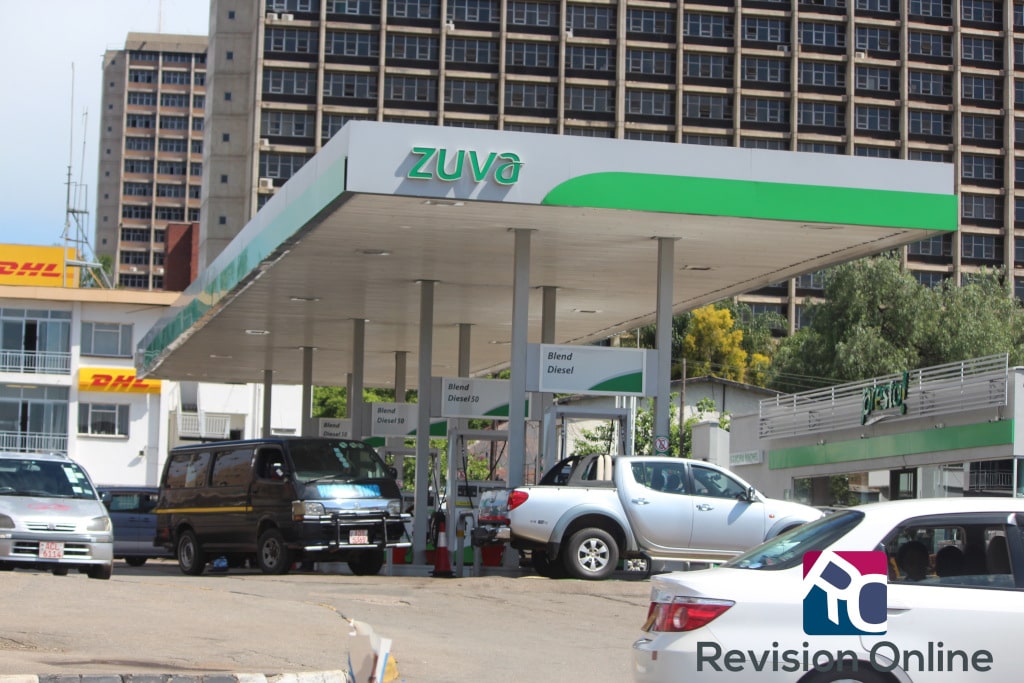In a bid to deal with the latest spate of fuel shortages, the government has abandoned the 1:1 exchange rate for fuel. Until now, fuel companies were being helped by the government through the RBZ to acquire fuel. They were accessing the foreign currency to do this at the 1:1 exchange rate.
On Monday 21 May the government gave notice that they were effectively abandoning this old exchange rate.
The Reserve Bank of Zimbabwe (the ‘Bank’) is pleased to advise the public that with effect from 21 May 2019, the procurement of fuel by the Oil Marketing Companies (OMCs) shall be done through the interbank foreign exchange market.
There shall be only one foreign exchange rate to be used in the market for the importation of all goods and services.
This means that the 1:1 exchange rate that was being used by OMCs for the procurement of fuel will be discontinued with immediate effect.
The new position is necessary to promote the efficient use of foreign exchange and to minimise and guard against incidences of arbitrage within the economy…

This is an effective fuel hike
The effects of this are far-reaching in terms of the pump price people have been paying for fuel. It effectively means the price of fuel has been increased and you can expect another wave of all-around price increases for most commodities. This is because fuel has a pivotal role in our economy.
As a result of the adjustment, the pump price for diesel is now $4.88 per litre while the price of petrol will be selling at $4.96 per litre.

Fuel cost sheet
Time to lower those taxes
Despite a 1:1 exchange the government was already making a killing through taxes. In fact when the taxes were considered the government was not really subsidising fuel by much! If taxes for fuel are scrapped the fuel increase would be much more palatable.



